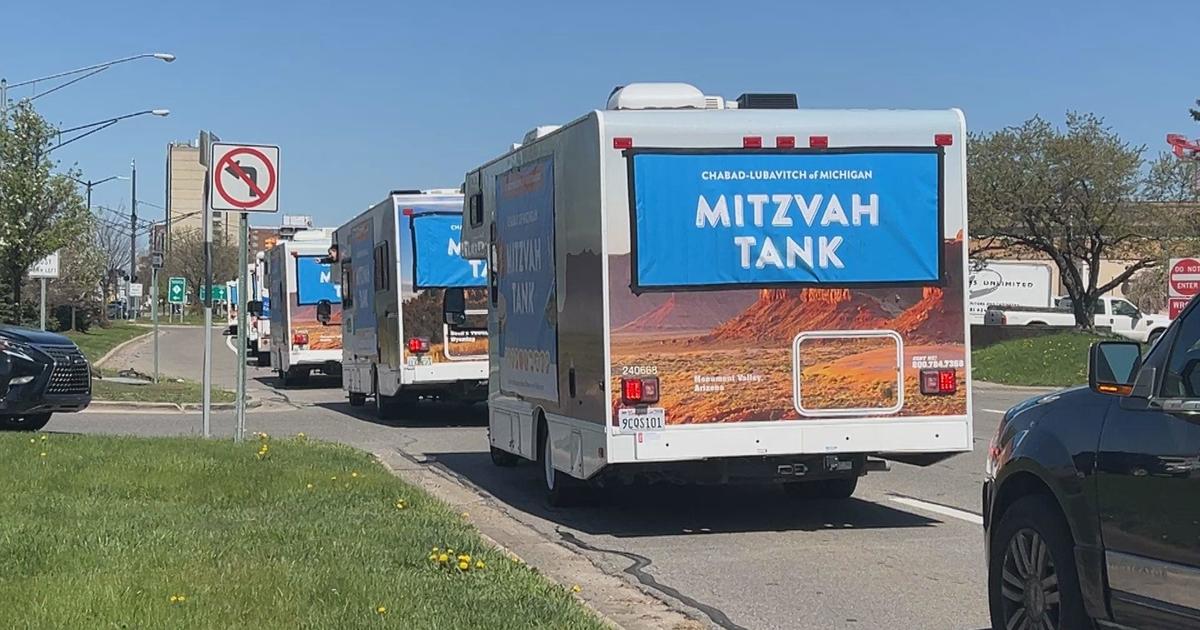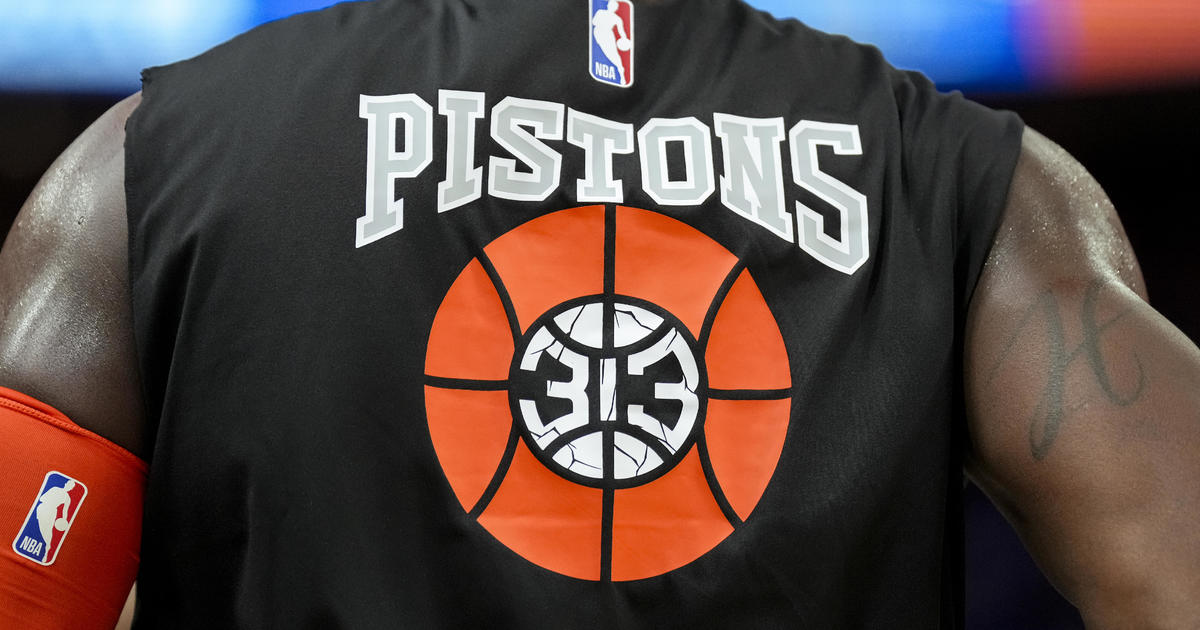EMU, UM Students Design No-Power Warming Blankets For Premature Babies Overseas
YPSILANTI -- Technology is rapidly changing how medicine is practiced, and nowhere is it more evident than with premature babies, who are surviving longer than in the past. In developing countries, however, keeping pre-term infants alive and healthy can be challenging.
Experts estimate that approximately 140 low birth weight infants from around the world die every hour from hypothermia-related causes.
A team of one Eastern Michigan University student and several from the University of Michigan recently designed a warming blanket that can help such babies retain or increase their body heat in order to improve their survival rate.
The blanket, called Warmilu, "was designed to bridge the gap between the hospital and homecare in low-resource settings," said team member Ana Maria Barge, a senior from Eastern Michigan in the Apparel, Textiles and Merchandising program.
Initially called MWrap, the idea originated in 2011 as a class project for materials science engineering students at UM. Their challenge: Create a low cost, non-electric thermal warming blanket.
The students won $5,750 from the Michigan Clean Energy Venture Challenge to develop the idea and see it through to launching. The Ann Arbor-based TechArb Accelerator, which helps students with entrepreneurial ventures, provided office space, mentors and a $10,000 grant.
The next step was to design the product and develop a prototype.
Max Shtein, associate professor of materials science and engineering at UM, advised his students to contact EMU professor Cathryn Amidei, whose background is in fine arts and in apparel, textiles and merchandising. Amidei and her husband, Dan, a high energy physicist at UM, had collaborated with Shtein in the past.
Amidei asked Barge to participate because she could help to design the product.
Said Amidei: "Ana is that special student who wants to solve problems like this project. I knew she had the tenacity to come up with something that would be lightweight, retain heat, was comfortable and at a low cost."
The engineering students initially pieced together a prototype made of newspaper and tape. Barge examined the paper prototype and realized it needed to be made with fabric.
"I reconfigured the prototype with fabric to make it more practical," said Barge, 45, of Ypsilanti.
Barge consulted with the engineering students on materials, construction and the sample pattern. She then developed a workable prototype, using blue nylon for the outside of the blanket and 100 percent cotton flannel for insulation, similar to the insulation in oven mitts.
"I tested the fabric's performance and sent the lab report to UM," Barge said. "I found that flannel wasn't the best to use because of its pilling and low thread count, and I replaced the outside nylon cover with a jersey knit," a fabric similar to that used in T-shirts.
Fabric pilling occurs when short or loose fibers form small, fuzzy balls on the fabric's surface.
While Barge was experimenting with the design and fabric, the remaining team members developed a chemical interaction that could heat plastic tubes and be regenerated in boiling water.
The tubes resemble tubing used in glow sticks and warming units for hiking, and can be inserted into small pockets located inside the front cover.
Barge also was involved with the production, and worked with standardizing and perfecting the product.
The final prototype features a waterproof outer cover, an inner cover, a reflective layer, insulation, and special tubing to provide heat. The team then tested the wrap on a live baby. It was a success in providing heat and comfort.
"Ana contributed her life experiences as a mother and her pattern-making skills for this wonderful project," Amidei said. "As an older woman, she has good time management skills and she could see the eventual outcome."
Barge felt her experience as a single mother of three children and her background in design helped. She also credited Eastern's program with her success.
"Everything Professor Amidei taught me was important," Barge said. "Eastern's program is very practical and it offers the courses I needed to work on the project, and to build up my portfolio. It's very cool to work with another university and it was a great experience."



